Every year, Great Crossing High School welcomes foreign exchange students to its community. It’s hard to imagine how it would feel to walk through the halls of an unfamiliar school in an unfamiliar country, where everyone is interacting in a different language and referencing aspects of culture that you don’t understand. It’s easy to feel left out or alone. Choosing to be an exchange student can be nerve-wracking and awkward as students adapt to new languages, a new culture and a new temporary family.
Many teachers help exchange students feel welcome by speaking to them in their own native languages. Jennifer Beckett, French and creative writing teacher here at Great Crossing, is a fluent French speaker and has many experiences with exchange students. Beckett has been able to comfortably communicate with a French-speaking student, translating for them and providing them with some familiarity in a different environment.
Beckett recalled a time when she was helping an exchange student get familiar with the school. She said, “[Learning French] helped me be able to answer her questions and it helped me comfort her, because she felt like she had somebody who understood her. So it felt like we could actually truly get to know each other better because we could speak the same language. Actually, when I met her one of the first questions I asked her in French was, ‘Do you understand me okay?’ And she laughed and was like, ‘Yes!’”
Not only has Beckett seen exchange students grow more comfortable, she has seen how they have made advancements in their own cultural awareness. “They are becoming more comfortable in making actual friends, so they can be themselves. It’s really hard when you’re in a new culture to know what type of humor other people have…I feel like all of the exchange students I’ve met are making valuable contributions to their class and hopefully expanding their own cultural awareness as a result.”
Adapting to Cultural Differences
Senior Vera Kyndi-Wiuff is a foreign exchange student from Denmark. She arrived in the United States in August and has been at GCHS for a little over a month now and has been adjusting to the changes in her daily life. She said, “I’ve tried asking if I didn’t know something. She’s also felt comfortable with Americans. She stated, “I like how nice people are. I’m not used to people talking to everyone, and telling your whole life story to a random [person] from Walmart. In Denmark, that would be strange unless you’re an old lady.”
Senior Luka Gamber is a German foreign exchange student enrolled at GCHS. He arrived in August and will stay for the current school year. Gamber was also impressed by the sheer difference in opinions between America and Europe. “People here have a different mentality and presence than people in Europe. People here really love guns, trucks, freedom, and a lot of space,” he commented.
Every foreign exchange student adjusts differently, and Gamber feels he has done well, becoming fluent in English and enjoying his time here so far. “I have adjusted quite well, but that may be because I’ve been on multiple trips away from home before, so I’m used to that. Back home speaking with English-speaking people from a young age helped me a lot. My contact with my parents and friends back home in Germany is mostly cut off, but I don’t feel really homesick, because I try to be open to all kinds of new experiences here.”
One of those new experiences is trying new cuisines. Gamber was impressed with some choices, and disappointed in others. “I’ve tried Mexican food here and it was awesome. On the other hand, the school lunch here, in my opinion, is terrible.”
Transportation in the US is one thing that Gamber has noted is very different from his home country of Germany. “Everything is so much bigger here, and that there is no public transportation. People here drive everywhere in their cars…Using a bike would be really dangerous on these roads. Back home you could reach stuff like a supermarket a lot faster than here.”
According to Kyndi-Wiuff, the similarities and differences between Denmark and America vary. “The main difference is the size of the country of course, and the way the public system is built up. I’m used to free school, healthcare. Some similarities are the way people act, with exceptions of course. People are way more strict in the US, and there are SO many rules. I thought people online were overreacting. Things like the dress code, asking to go to the restroom, signing in if we’re late. Teachers don’t really care about those things in Denmark.”
Preparing for the Exchange
The process of applying to be a foreign exchange student is a complicated one. “The process is different for everyone. Mine has been over a long period, because I’ve known I wanted to leave for a while. But you need to be accepted, write a very long paper about yourself and your family, get the visa and all your documents,” Kyndi-Wiuff explained.
Part of the process is finding a host family for the year. Some students know this information in advance, while others learn more about their hosts upon arrival in the US. Gamber said, “I knew who my host family would be beforehand, and I knew they lived in Kentucky.”
Kyndi-Wiuff had been through the process of finding a host family before and was glad she moved into an immediate full-year placement. “I know some people have been living with a welcome family, which is like a temporary host family for a couple of months before you find a permanent host family.”
She remembered feeling intimidated by the complicated process, but looking forward to experiencing new things. “I was very overwhelmed. I got a really early placement, within days of being accepted, so I was just excited about everything.”
Kyndi-Wiuff will stay in America until the first week of June. “It’s decided on how long you want to stay when you get accepted, and then it ends within 10 days of the last day of school.”
Overall, both students have proven how beneficial it can be to view the world through the eyes of another culture whilst learning an entirely different language from their own. Opening them up to a wide variety of opinions and ways of thinking, foreign exchange students often enjoy visiting new countries and observing those lifestyles in-person.
Beckett believes the job of an American student is to be the helping hand that sets an example for what our country is all about; being inclusive and treating everyone the same as one would want to be treated. “Just be a kind human. Understand that they’re new to the building, that they’re smart, that they are trying to communicate in their second, third, fourth language. And help. Be available and listen and be helpful. And invite them to do things so they can try new experiences and meet a bunch of different people.”
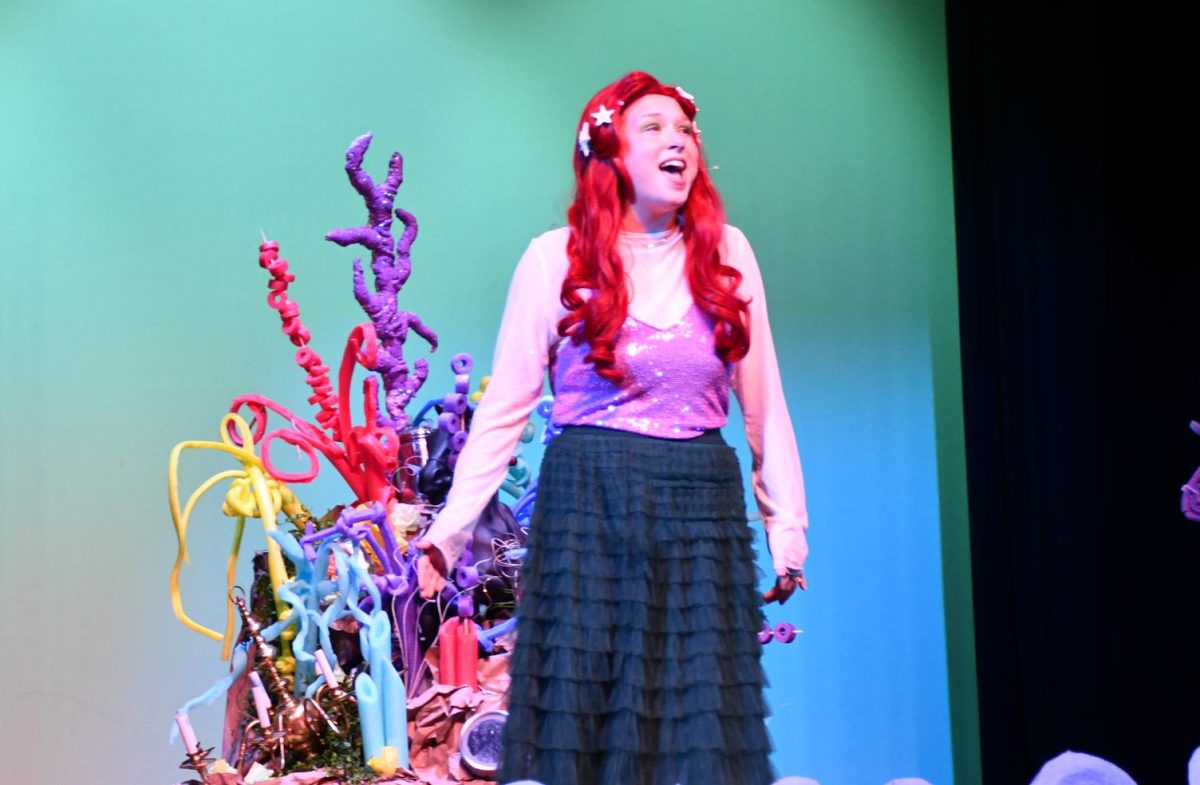
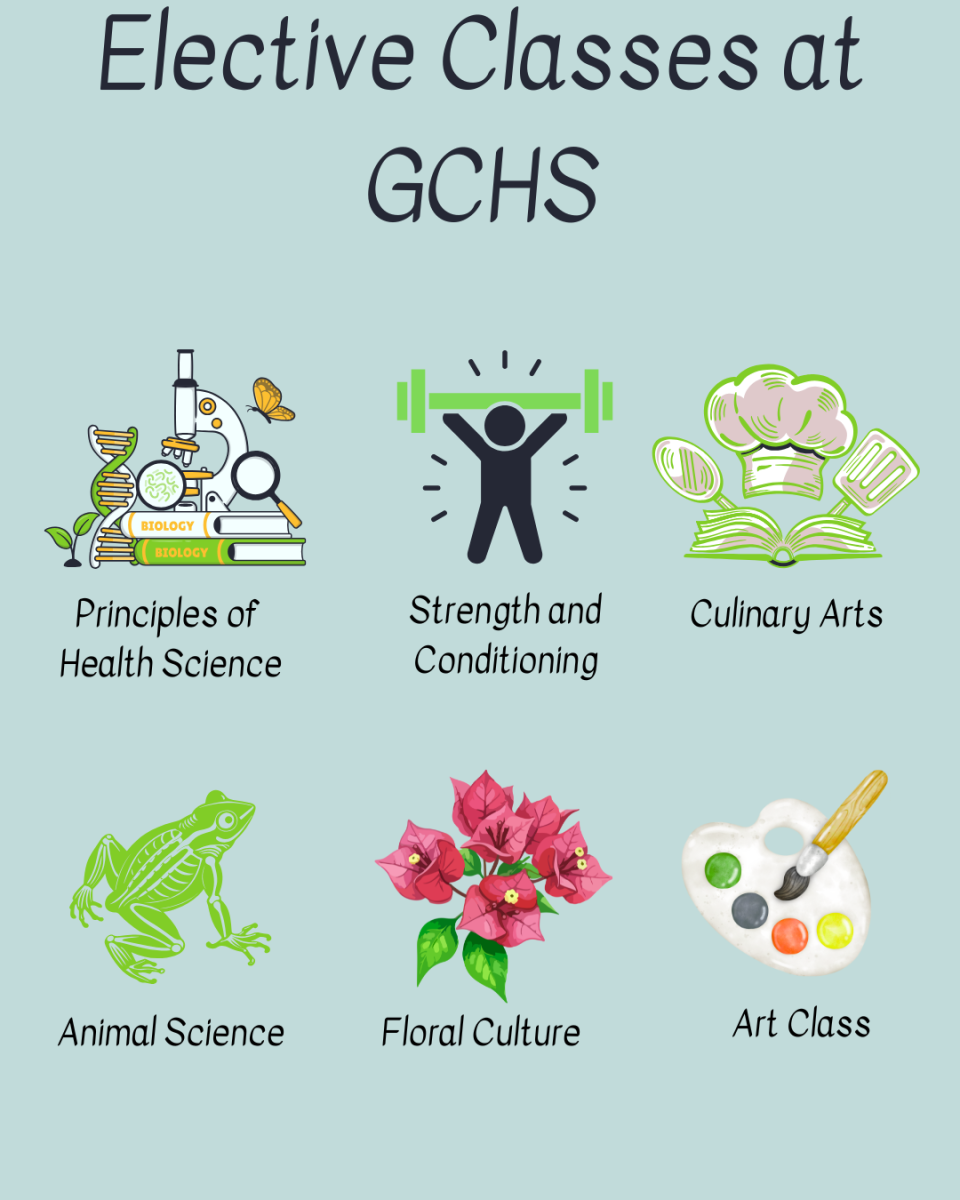



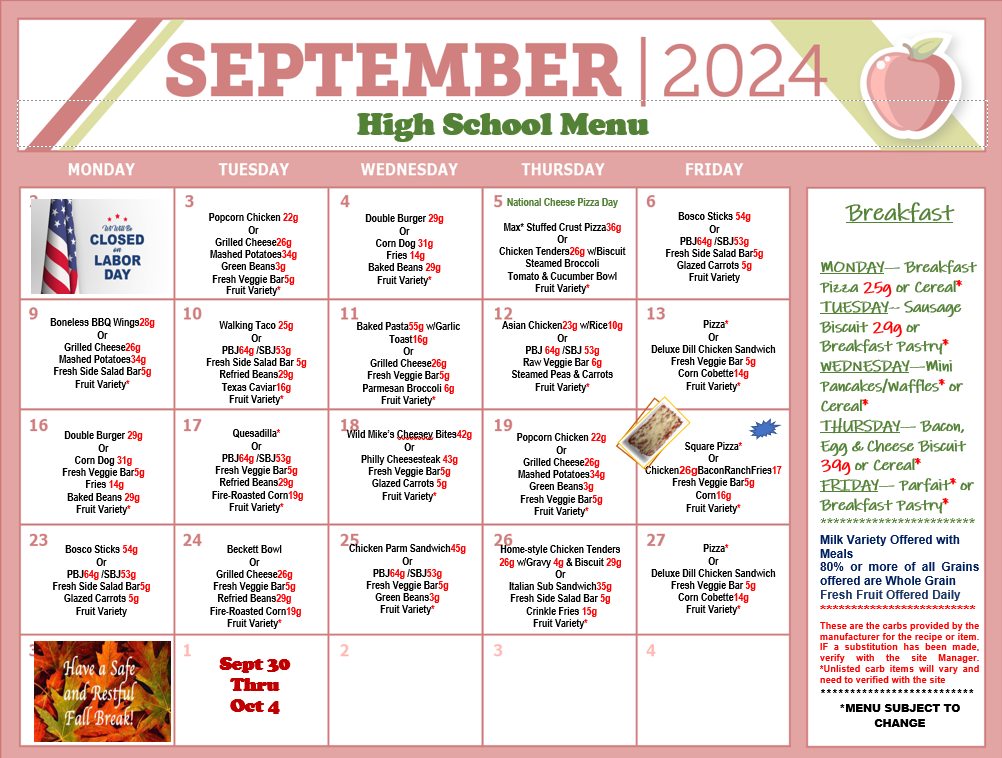



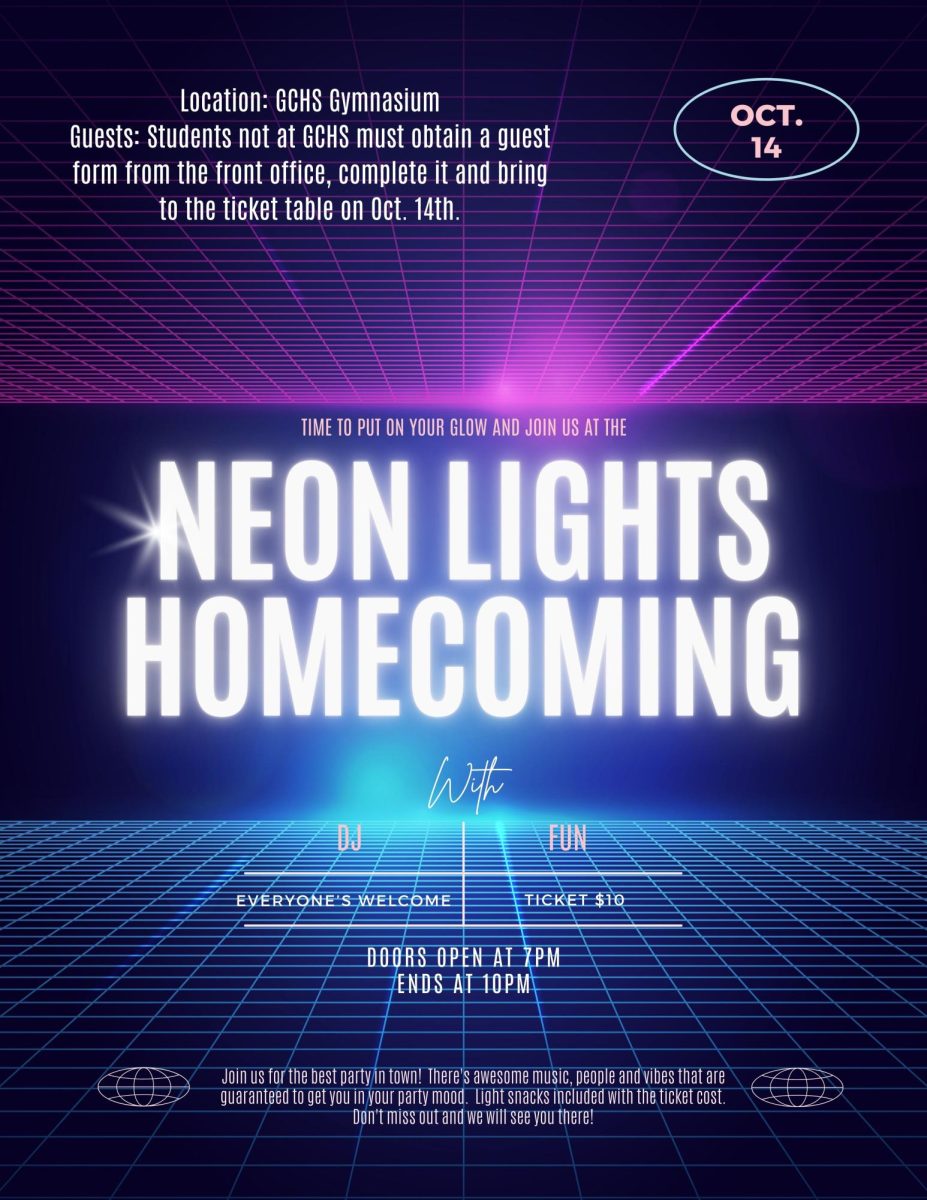


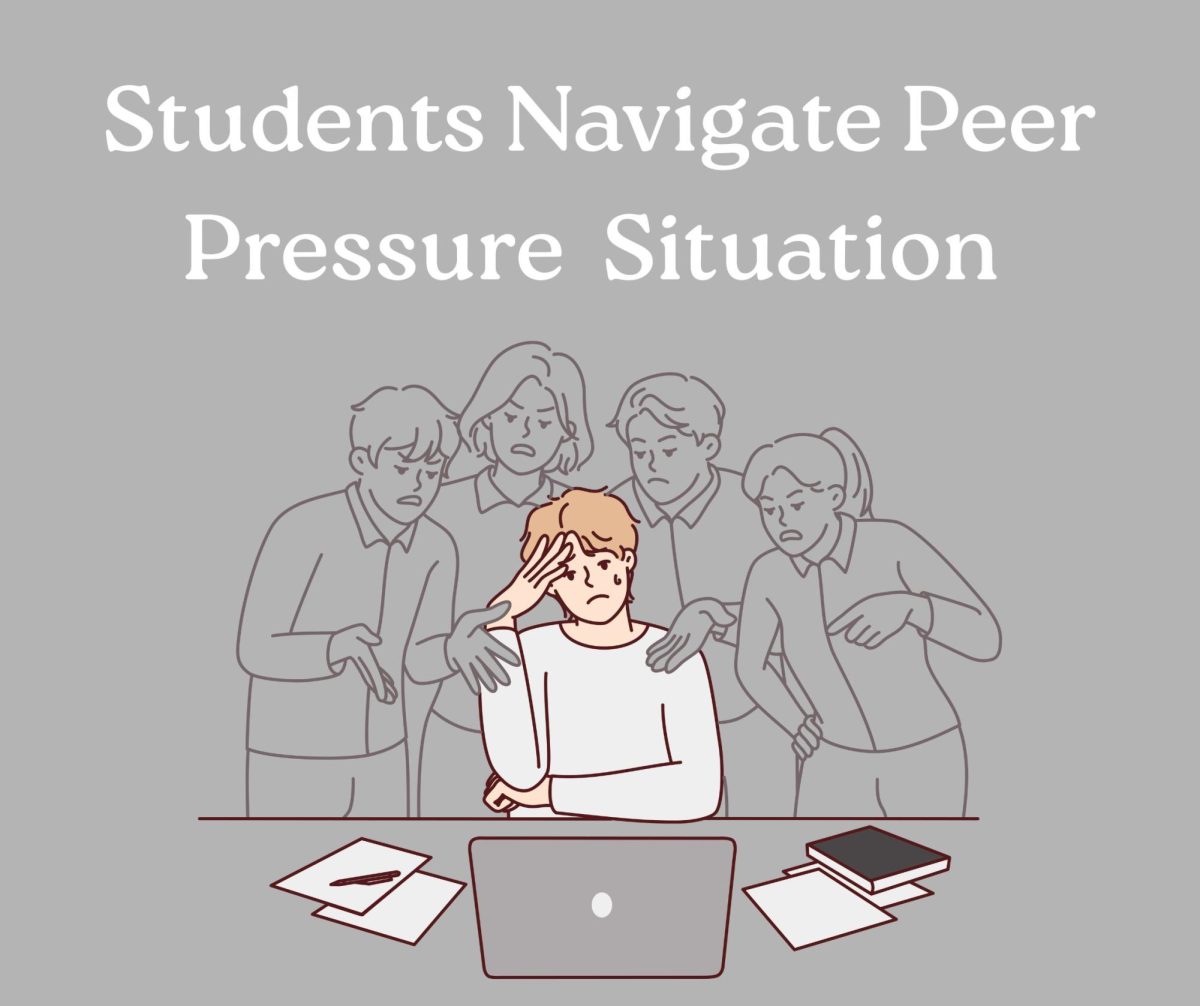


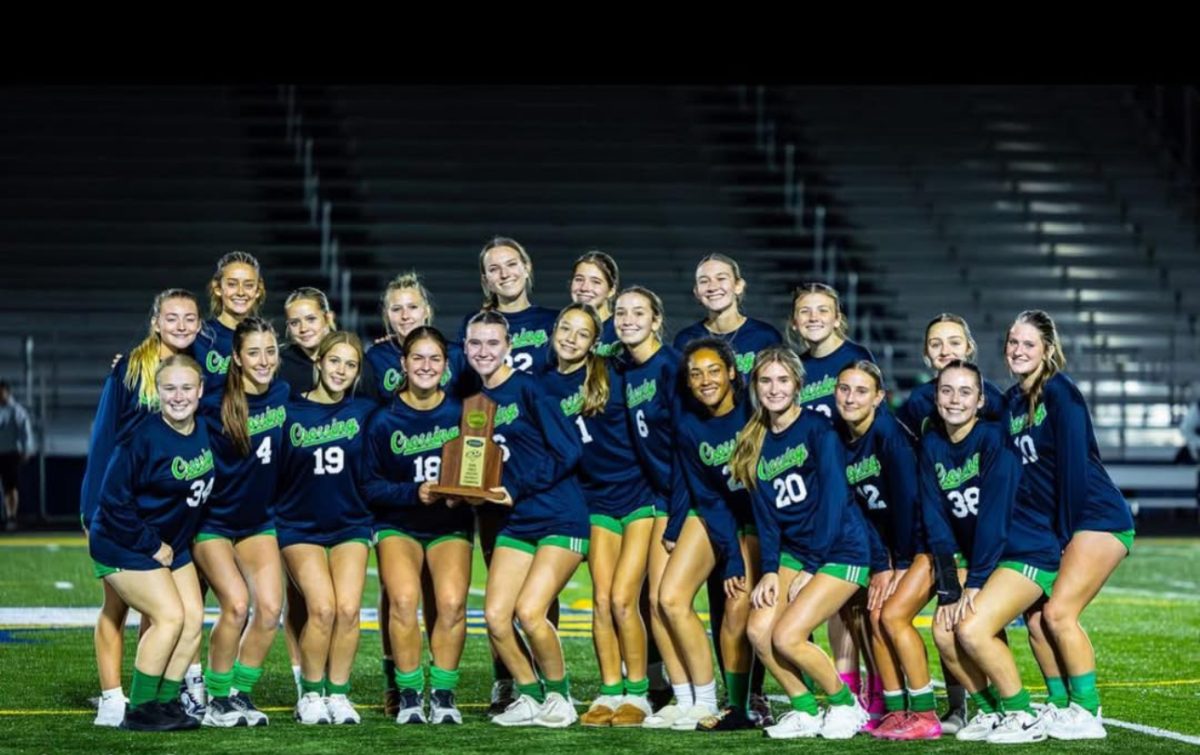
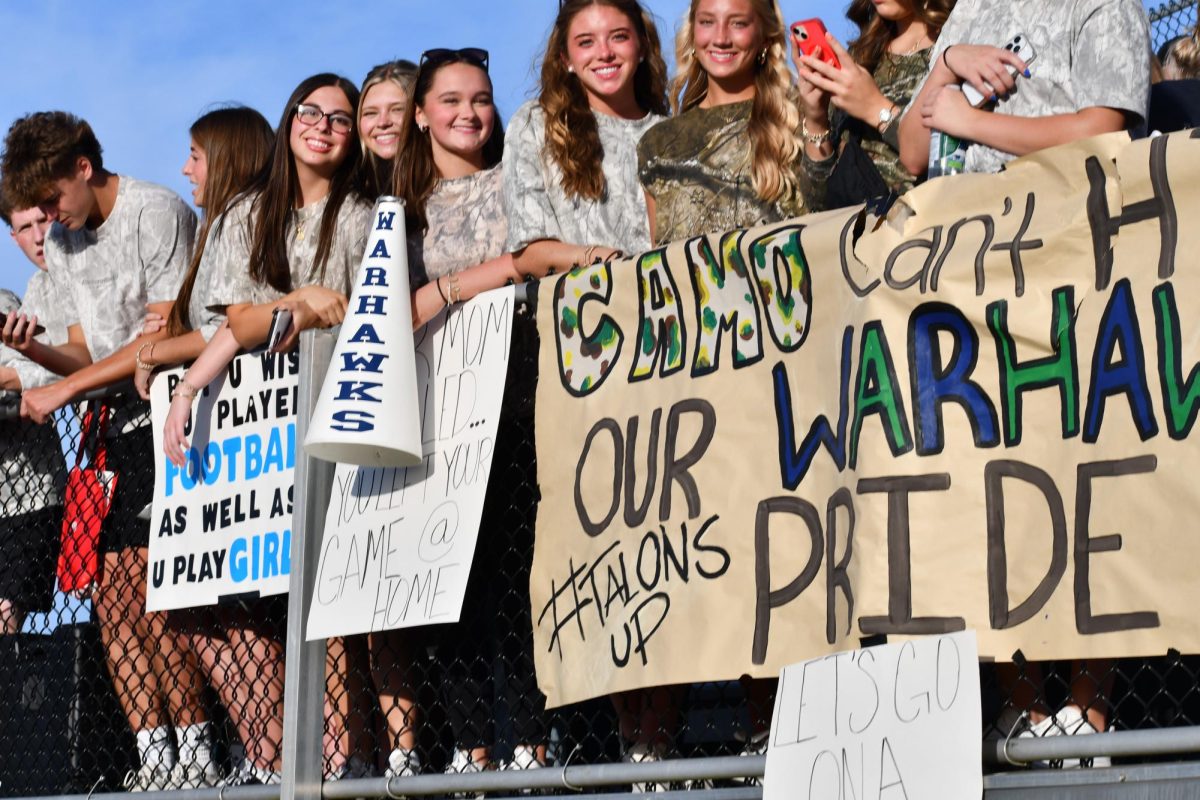
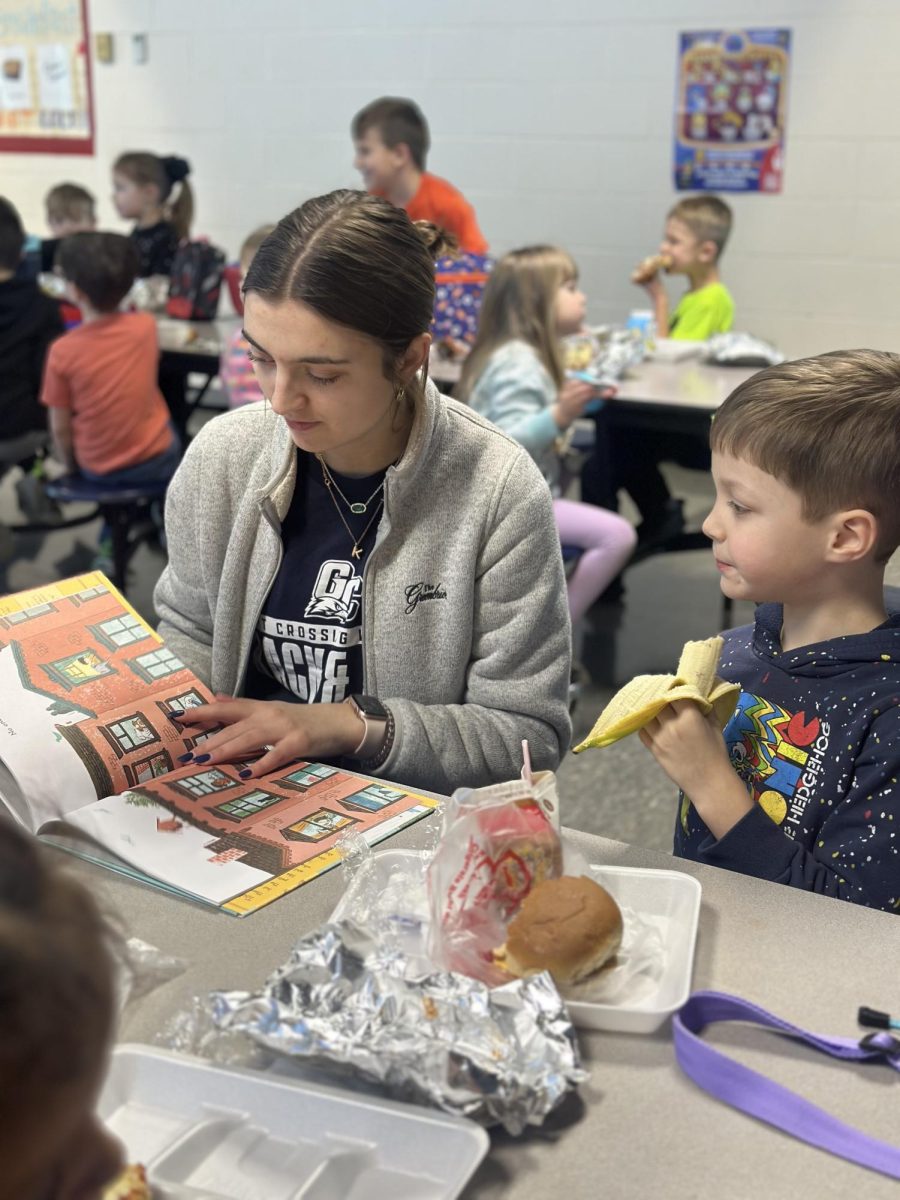
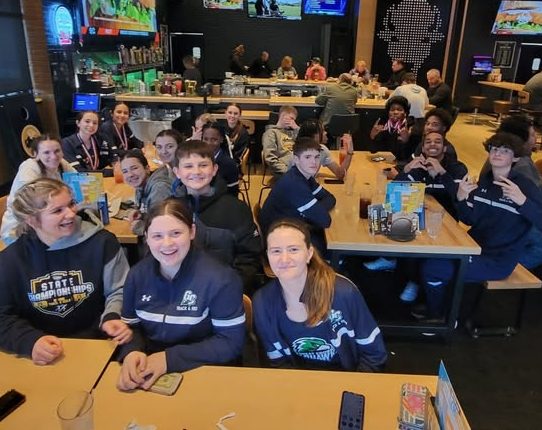
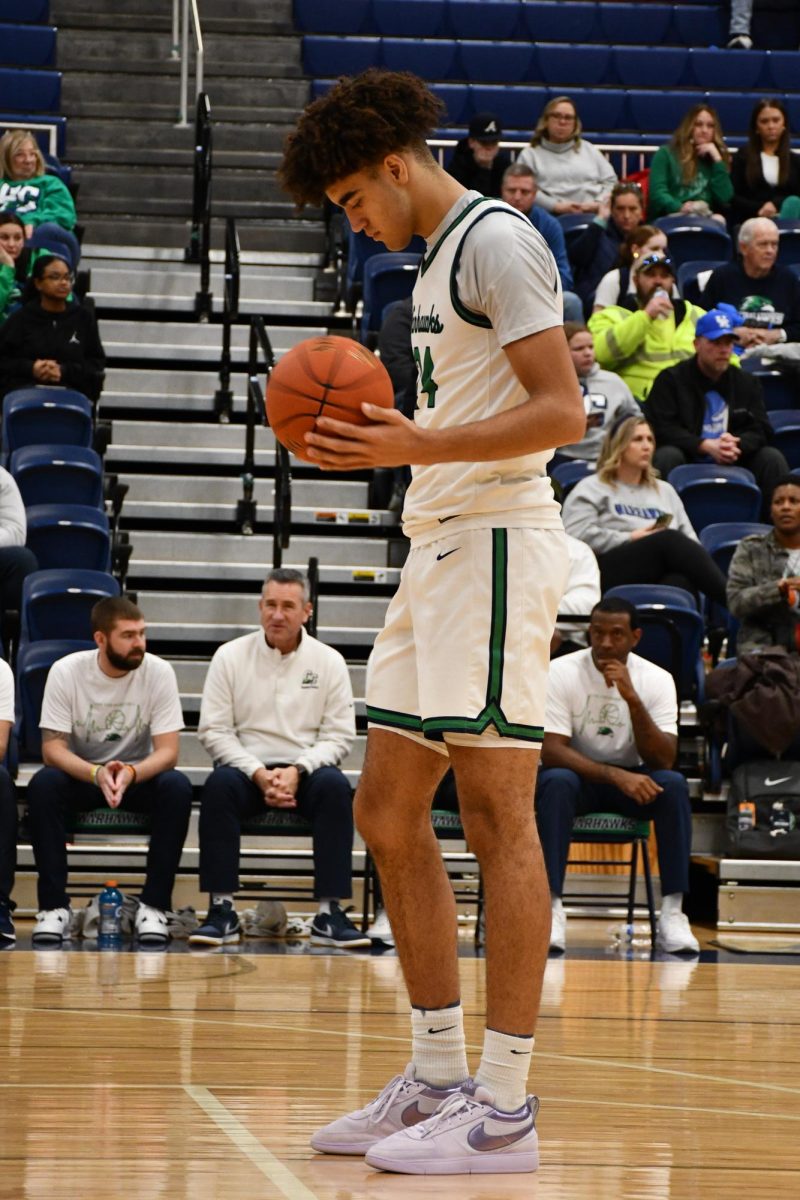

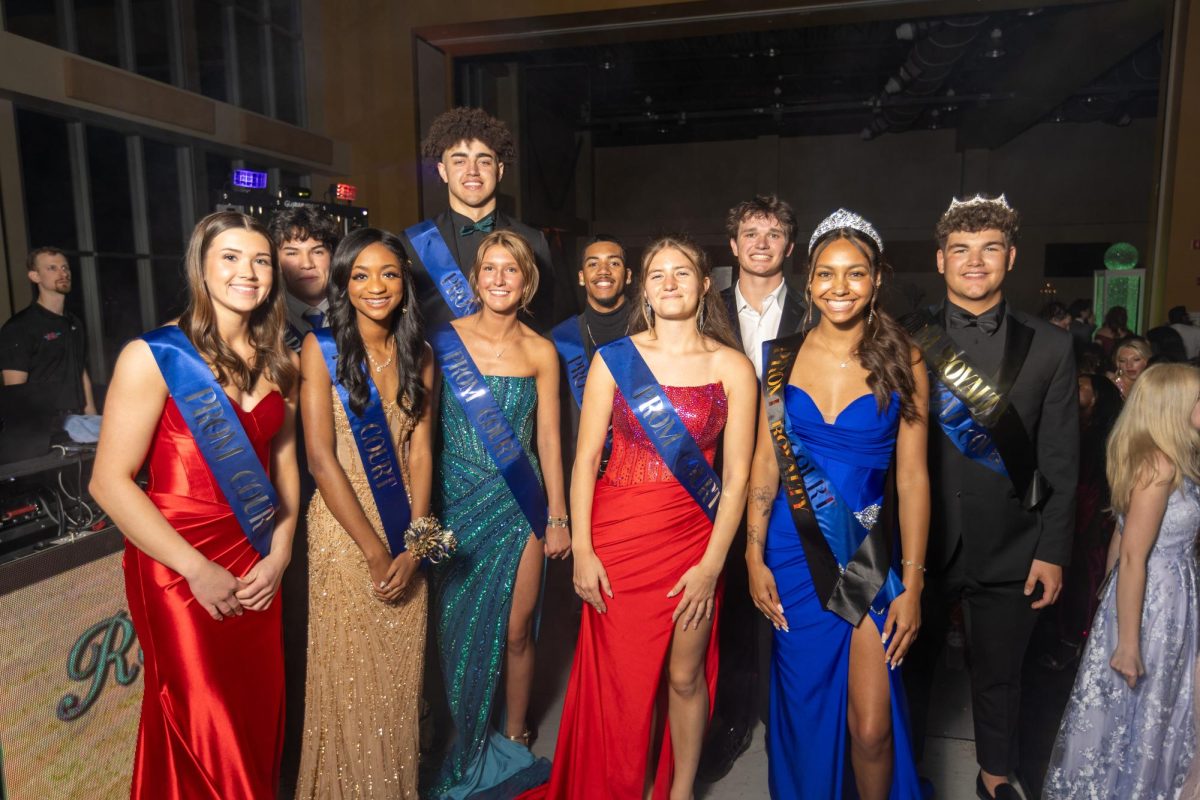


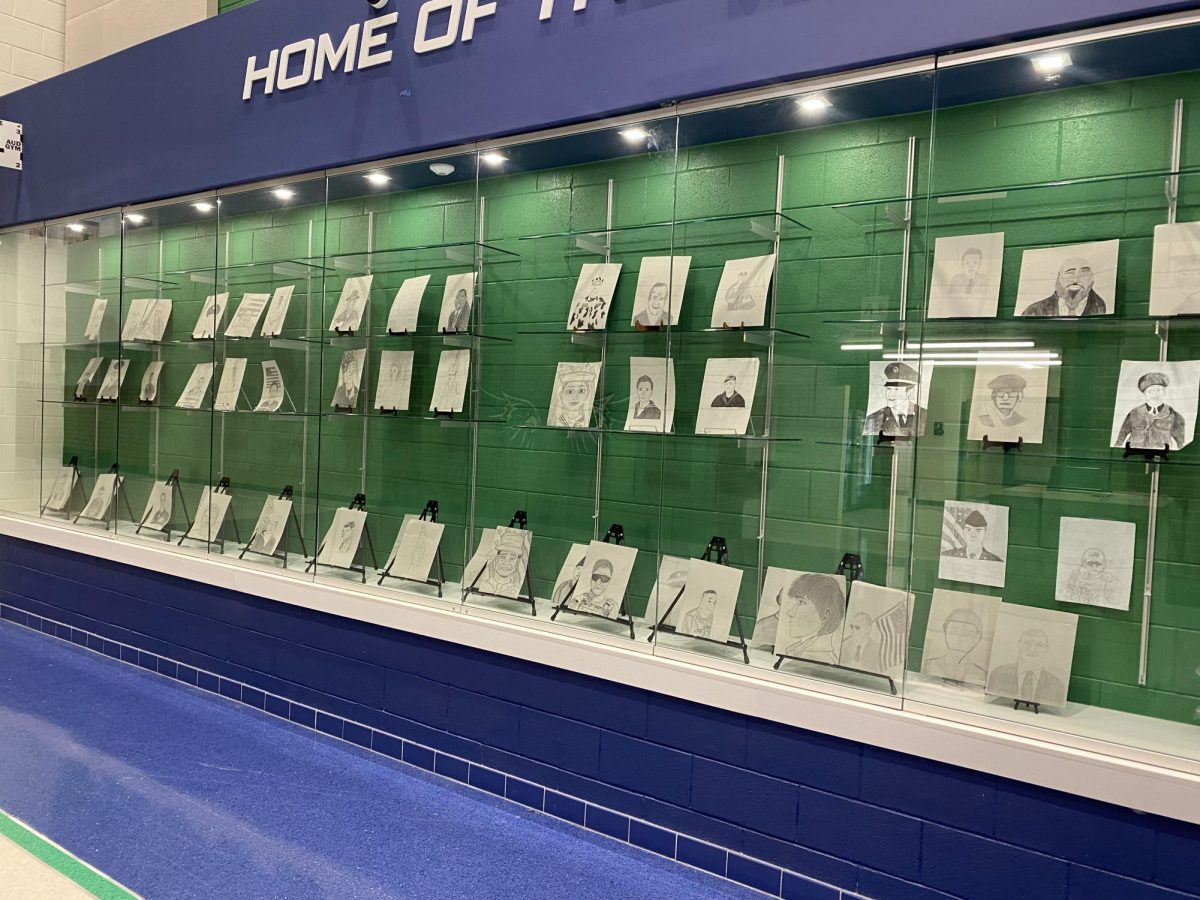





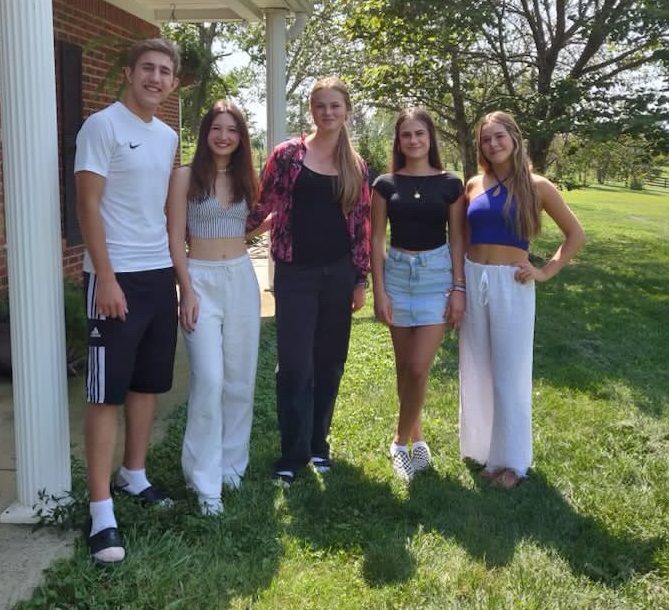
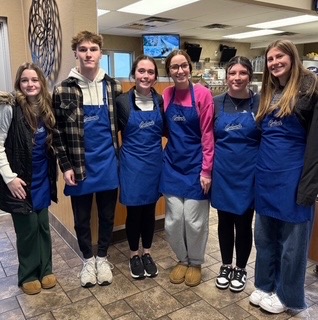
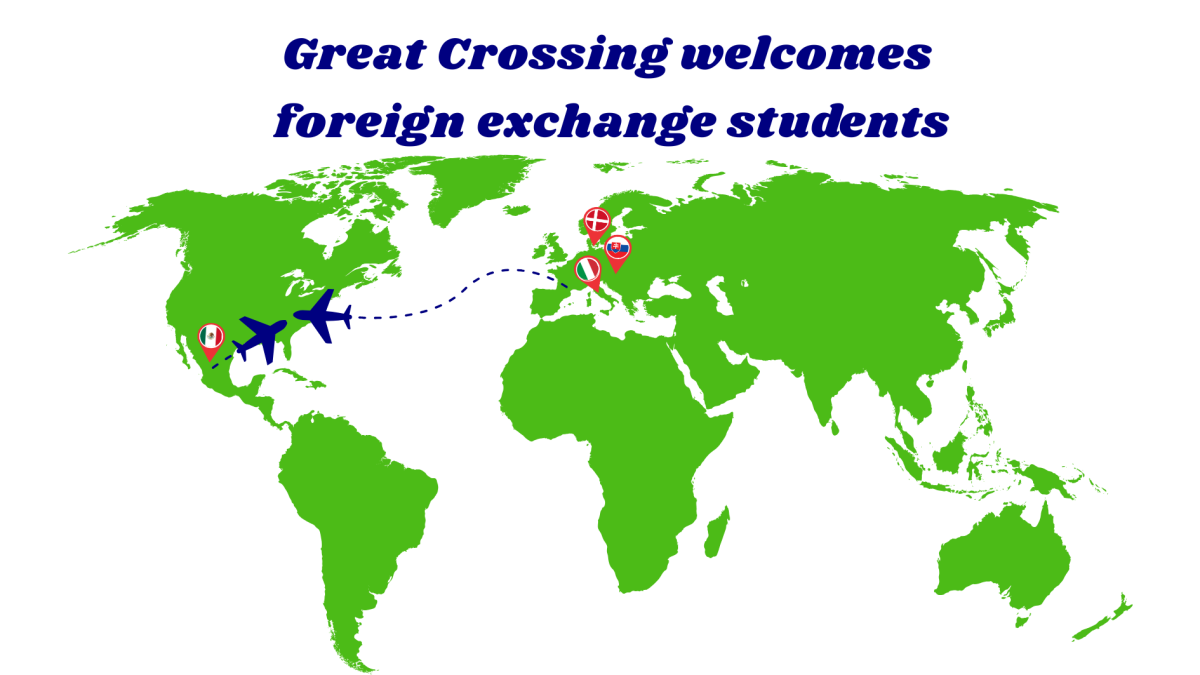


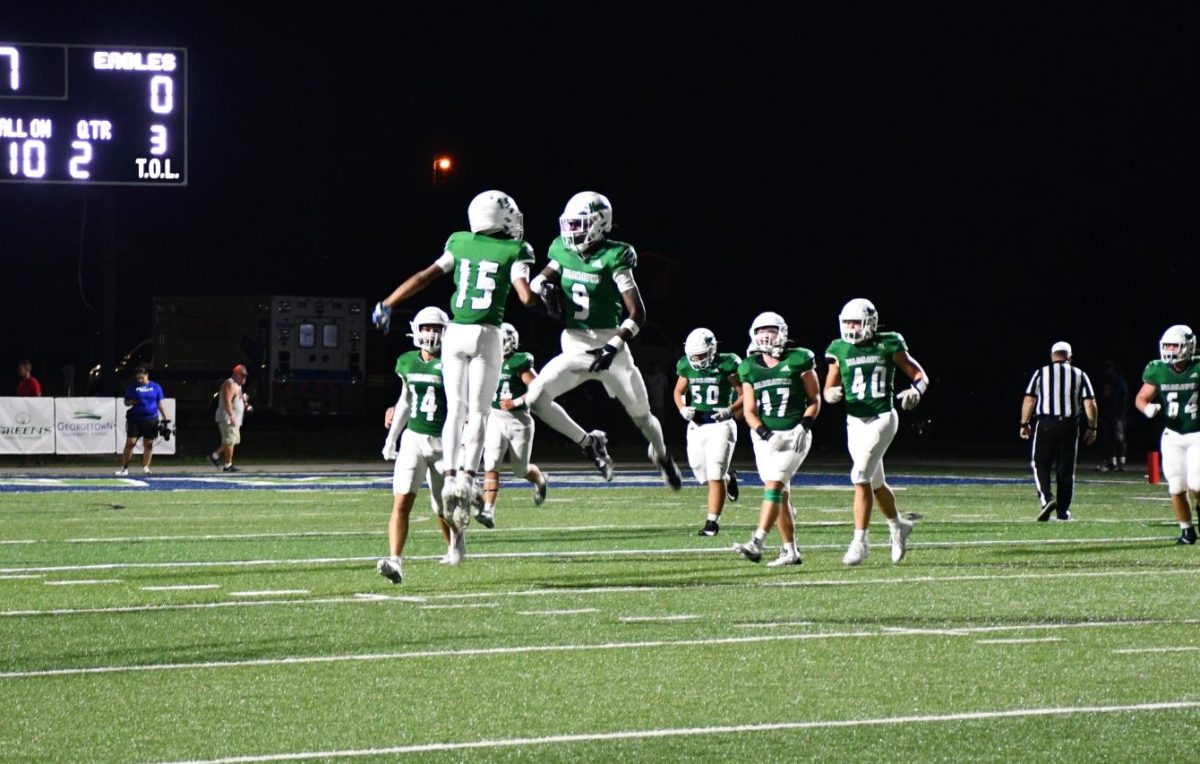
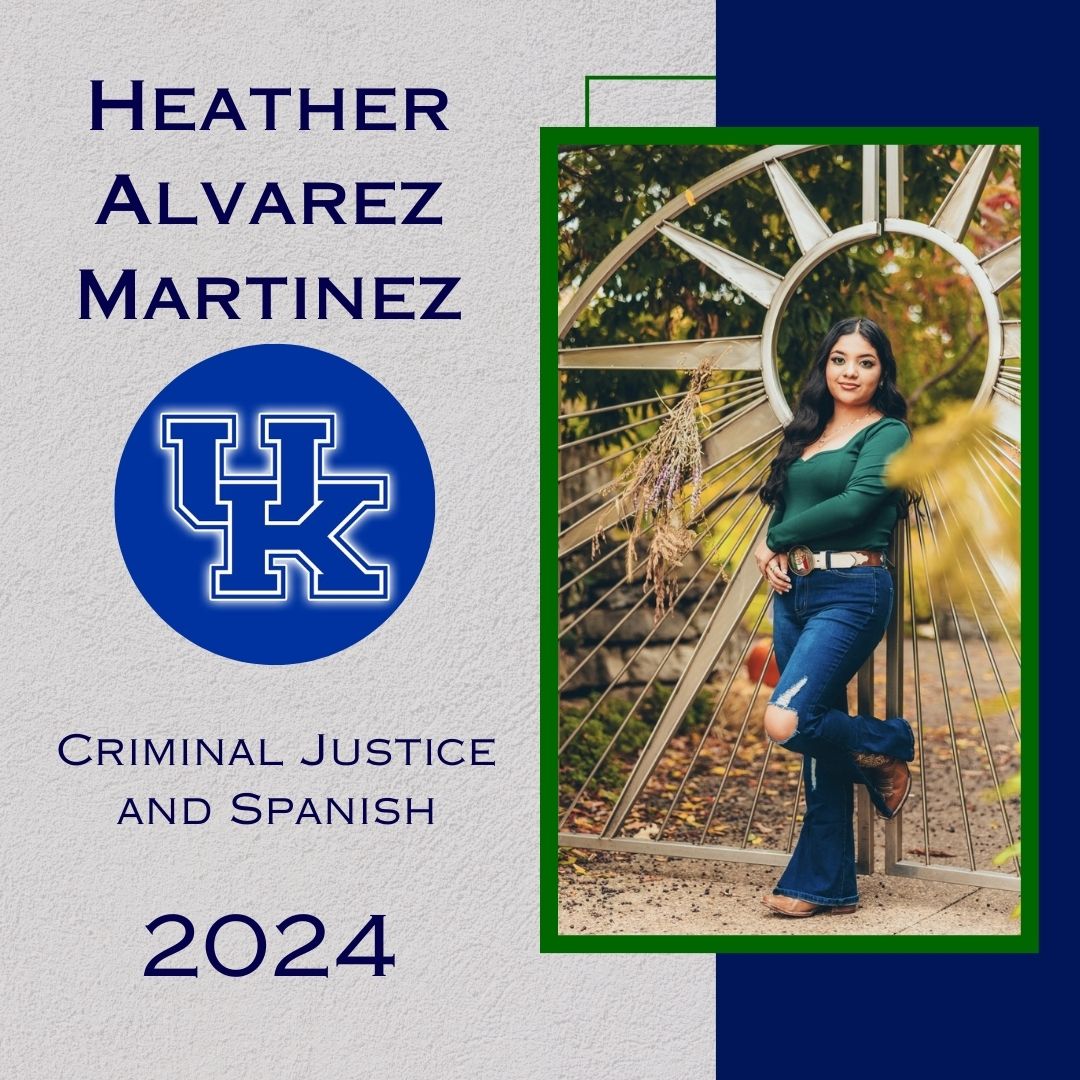



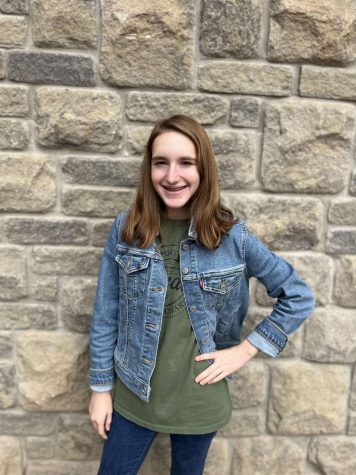
Tia Beltz • Dec 10, 2024 at 12:08 pm
This was so fun to read, hearing different perspectives of those that come from other countries. You did a great job!
Valerie Maynard • Oct 22, 2024 at 2:42 pm
Fantastic article! It’s so inspiring to see how welcoming GCHS is to foreign exchange students. You did a great job going into great detail here.
Kristy Johnson • Oct 18, 2024 at 8:28 am
I love this spotlight on these students! This is perfect!